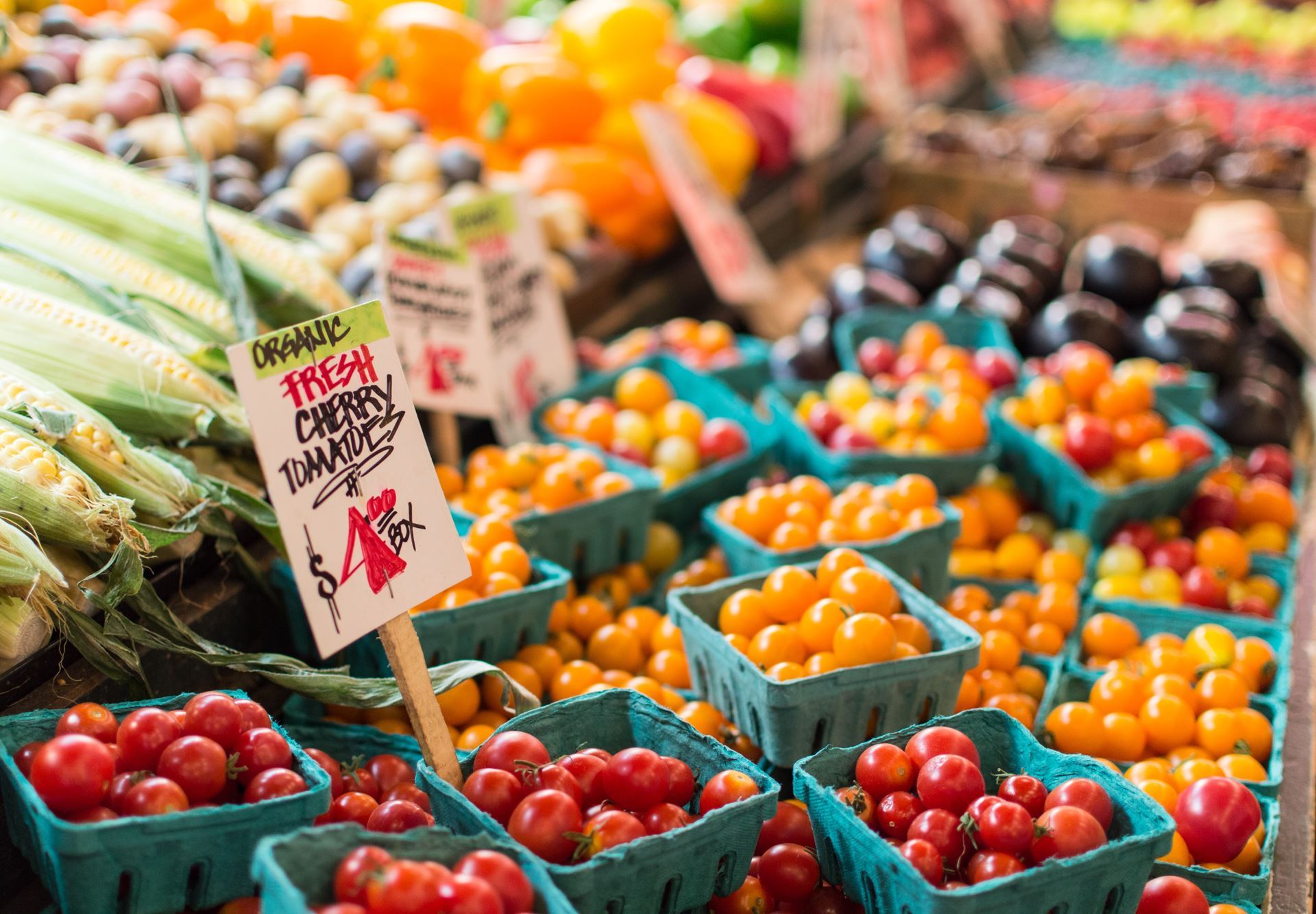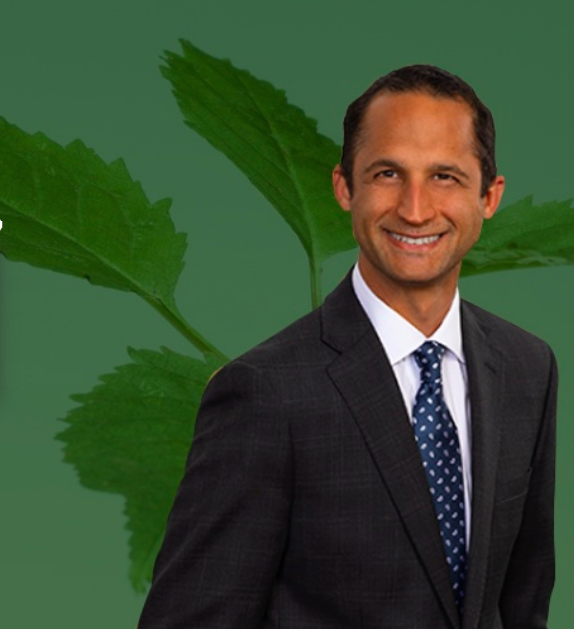
The Farm Bill broke a record in 2018. The 2018 Farm Bill received more yes votes in the House of Representatives than any other farm bill. And a major of the 2018 Farm Bill was the creation of a new funding program for farmers' markets: The Local Agriculture Market Program—or “LAMP” for short. This program is now part of federal law, and appears in the statute books as 7 U.S.C. § 1627c.
Reading statutes can be boring, but not section 1627c. Its list of purposes can be mistaken as a mini-manifesto on the virtues of local food. The bill's allocations reveals the winner of it all. But first, a brief overview of the statute.
LAMP consists of three pots of grant money. Value-added producer grants are intended primarily for items that take on extra “value” from being processed, like granola. The farmers' markets and local food promotion program recognizes several entities eligible for grants: local governments, nonprofits, food councils, and of course, farmers' markets. The final grant program under LAMP, partnerships, consists of a “partnership” between a “eligible partner” and an “eligible entity.” The eligible partner could be a government, nonprofit, for-profit, university, or bank. The partnered “eligible entity” can be a farmer, rancher, food council, local government, nonprofit, a community supported agriculture network, or a farmers' market.
Although LAMP consists of three distinct pots of funding, LAMP as a whole streamlines funding for local food systems. The statute itself directs the Secretary of the Department of Agriculture to create a program that
-
“supports the development, coordination, and expansion of … local and regional food markets and enterprises”
-
“connects and cultivates regional food economies through public-private partnerships”
-
“supports the development of business plans, feasibility studies, and strategies for … local and regional food system infrastructure.”
-
“strengthens capacity and regional food system development through community collaboration and expansion of mid-tier value chains.”
-
“improves income and economic opportunities for producers and food business through job creation”
The new program doles out grants of up to $500,000 each to be used for any one of ten enumerated activities, including activities to “support and promote … farmers' markets.” Nearly all the enumerated activities have something to do with farmers' markets. For example, grant recipients may also use their grants “to support the processing, aggregation, distribution, and storage of … local and regional food products that are marketed locally or regionally.” That's basically what farmers' markets do. At their core, farmers' markets are distribution sites for local food. Of course, farmers' markets serve several other functions, like community building and education. But in general, people go to farmers' markets to get local food. We could take more time dallying through the remaining eight permitted statutory uses, but eating food can be just as important as reading about it.
So let's close with who wins. Farmers' markets. The farmers' market and local food program gets 47% of LAMP grants—more than the value-added program, which gets 35%; and way more than the partnership program, which only gets 10%. The remainder either goes to administrative expenses, and may carry over to the next fiscal year.
LAMP as originally enacted provides for fifty million dollars each year in mandatory funding. These funds are not subject to the annual legislative appropriations process. LAMP authorizes another 20 million dollars in discretionary spending, but unfortunately, Congress's curbed its enthusiasm for LAMP discretionary spending around September 2019. As the current pandemic has renewed public and congressional interest in local food systems, we can hope that more federal funds with go to farmers' markets. Senator Susan Collins and Representative Chellie Pingree have written a bipartisan letter to Secretary of Agriculture Sonny Perdue, urging that the USDA use the more recent Coronavirus Food Assistance Program (CFAP) “to ensure that small- and medium- sized farms are able to survive this unexpected downturn while helping to meet the food security needs of American families.”
 Jesse Haskins started J. Haskins Law, P.A. to focus on local food communities. Jesse builds partnerships between farmers and communities. Prior to dedicating his practice to local agriculture, Jesse served as assistant attorney general for the State of Florida, assistant general counsel for the Florida Department of Financial Services, and as attorney for a large insurance defense firm. Jesse graduated from the Duke University School of Law in 2009. Jesse is an avid foodie. His favorite ingredient is tahini.
Jesse Haskins started J. Haskins Law, P.A. to focus on local food communities. Jesse builds partnerships between farmers and communities. Prior to dedicating his practice to local agriculture, Jesse served as assistant attorney general for the State of Florida, assistant general counsel for the Florida Department of Financial Services, and as attorney for a large insurance defense firm. Jesse graduated from the Duke University School of Law in 2009. Jesse is an avid foodie. His favorite ingredient is tahini.
Website: www.jhaskinslaw.com
Disclaimer: The views of the writers do not represent the views of the Florida Food Policy Council. We are a forum for the offering and sharing of information and encourage diversity and communication within the food system.